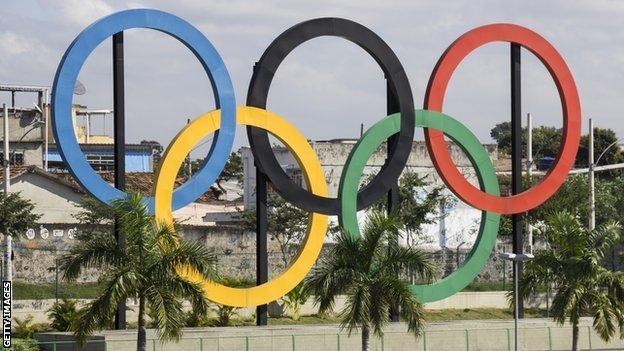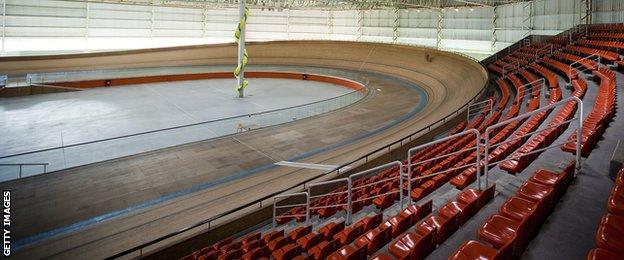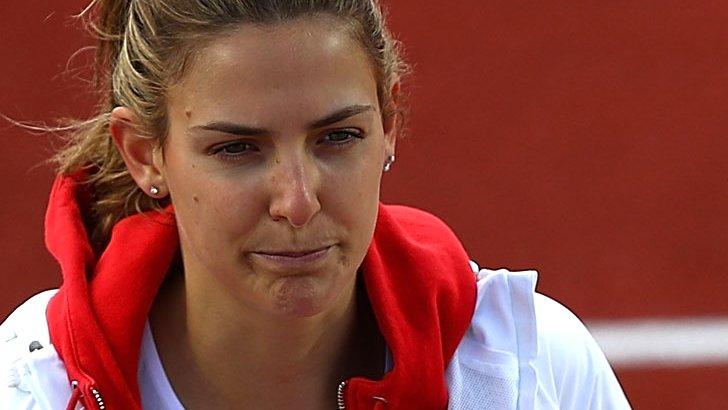Rio 2016: City ready to host Olympic Games, says IOC
- Published

The Olympic Games in Rio will begin on 5 August
Rio de Janeiro has overcome setbacks and is "ready to welcome the world" to the 2016 Olympics, says the International Olympic Committee.
Nawal El Moutawakel, who heads the IOC group monitoring the preparations, has made her final visit to Brazil after travelling there regularly since 2009.
There have been fears over Rio's readiness because of building delays, the Zika virus and political crises.
But El Moutawakel said, external the Olympic venues are "ready for action".
The Games run from 5-21 August.
Economic problems have seen initial plans scaled back and concerns over unfinished building work were still being expressed last month.
Meanwhile, a coastal cycleway built for the event collapsed in April.
There was concern over the water quality at the Guanabara Bay sailing venue after tests revealed high levels of bacteria and viruses, and two sailors claimed to have contracted infections from the water.
New pipes have since been installed, and the IOC said water quality levels are "much improved".

There had been concerns that the velodrome stadium would not be ready in time for 5 August
It added: "The velodrome and equestrian venues, which were being monitored closely by the organisers, are also in the final stage of preparation, and will be ready for the Games."
The organisation said that 44 test events had been staged at various venues.
And despite police protests in June over safety and pay, the IOC said there will be a combined security force of 85,000 people "guaranteeing the security of the Olympic Village, the sports venues and key infrastructure".
Concerns over the Zika virus, which has been linked to defects in newborn babies, have also blighted preparations.
On Monday Jordan Spieth became the latest high-profile golfer to pull out of the Olympics citing health fears.
The World Health Organisation (WHO) has said that there should be "no general restrictions on travel and trade with countries, areas and/or territories with Zika virus transmission," including the areas that will host the Olympics.
"The Games will take place during the winter months of August and September, when the drier, cooler climate greatly reduces the presence of mosquitoes and therefore the risk of infection," the IOC added.
- Published11 July 2016

- Published11 July 2016

- Published10 July 2016

- Published19 July 2016

- Published13 May 2016

- Published19 July 2016
